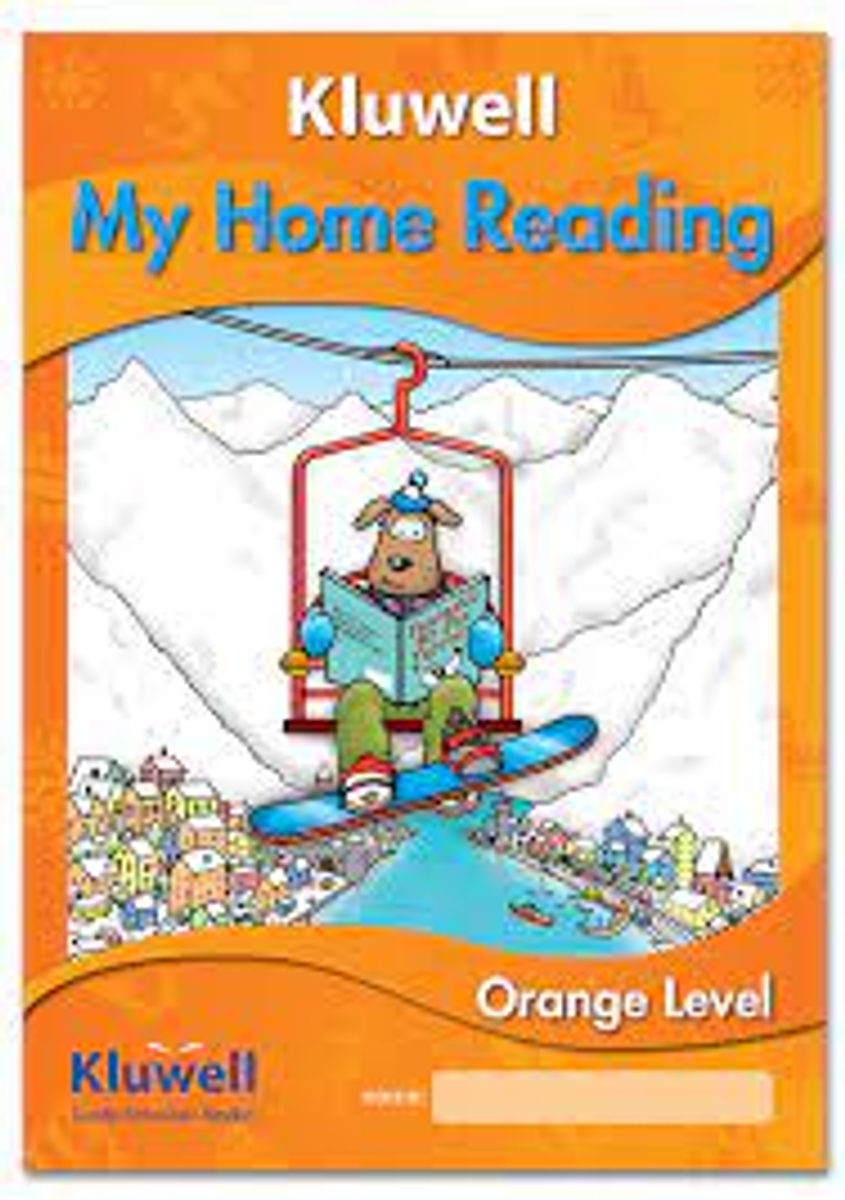Year 5 Term 3 Overview

Wominjeka Year 5 Families!
Term 3 Curriculum
Reading
This term in reading, Year 5 students will be spending time exploring non-fiction texts and the language features and text structures found throughout these texts. Students will be analysing and investigating word choice used by authors and looking at different strategies to comprehend new language such as using a thesaurus. Students will work on synthesising while reading, exploring how their thinking changes as they learn new information and how they can use this new information to form judgements and predictions. Students will explore how to become clear and concise summarisers and how to present a summary orally as well as in a written form.
Writing
This term in writing, Year 5 students will spend the first 6 weeks looking at Information texts and then the last 4 weeks exploring Procedural texts.
Throughout the unit on Information texts, students will explore the structure, features and purpose of these texts, as well as how to write for an intended audience. Students will write texts that present a main topic and then sub topics with further elaborations and informational facts about their chosen topic. Students will get to show their student voice through choosing their own topic and exploring creative ways to present their text, such as videos, dioramas, documentaries, websites and posters.
Throughout the unit on Procedural texts students will explore the structure, features and purpose of these texts, as well as how to write for an intended audience. Students will explore time connectives and how to use language precisely to ensure an accurate text is created. Students will spend time following and giving feedback to their peers on their texts and the level of detail and accuracy.
Mathematics
This term in maths, Year 5 students will revisit concepts of Operations and Fractions that were introduced at the beginning of the year. Students will explore the addition and subtraction of whole and decimal numbers as well as fractions with the same denominator. They will also look at the connection between multiplication and division and appropriate strategies for solving these problems. Students will demonstrate their knowledge of fractions through representing, comparing and ordering both fractions and decimals using a number line as well as other strategies.
Students will explore a variety of strategies for solving problems, with the focus remaining on students justifying their answers and being able to show and explain their working out and reasoning.
Throughout each of these areas we seek to build a deeper understanding of each concept, honing problem solving skills and strategies that allow our students to make connections between mathematical concepts and apply their knowledge to unfamiliar problems.
Inquiry
This term in inquiry, Year 5 students will be exploring the questions, ‘Who has the power in making decisions? and What are the different levels of responsibility?’ We will be exploring these questions throughout our Civics and Citizenship unit, focusing on levels of government, roles and responsibilities of the government and how democracy is an important part of Australia. Students will have the opportunity to engage with politicians from our local area through incursions and presentations.
Social and Emotional Learning
This term in social and emotional learning, Year 5 students will be continuing their work on the RRRR curriculum, focusing on Gender and Identity, as well as the Help Seeking units from PATHS. Throughout these lessons students will explore respectful ways to navigate different situations and how we can use appropriate strategies to engage with others.
Students will also be participating in the Sexuality Education workshops, exploring the scientific names for body parts, the reproductive system, pregnancy and birth, and puberty and body changes. It is important that students are gaining this knowledge so they can be informed about their bodies and the changes they will experience. All of the content and language used will be age appropriate. Further information about these workshops can be found on Compass.
Please be aware that your child may come home from these sessions with lots of questions, or they may also be a little embarrassed and not wanting to talk about this. That is completely normal and it is up to us as the school/home partnership to provide them a safe space and trusted adults they can go to.
Home Learning
What can you do to support your child at home?
Homework Tasks
Your child has home learning tasks posted to them on Google Classroom. This is posted in the form of a rubric that students need to complete across 3 weeks, each week completing a task from the following categories.
- Reading
- Writing
- Numeracy
- Inquiry/SEL
- Personal
- My DCC goals, and
- Specialist
Your child’s individualised learning goals are listed on Compass. Please read your child’s goals and support them by using the strategies that their teacher has recommended, to help at home. These goals are changed every five weeks (twice a term), and you will also be informed of your child’s achievement of these goals.
Daily Home Reading
The expectation is for your child to read their take home book for a minimum of 30 minutes per night, 5 times a week. To support your child in comprehending the texts, you can ask some comprehension questions, or get them to summarise what they have read. It is also an expectation that students record the title, date and write a comment in their orange reading journal. These are checked by the teacher. Please ask your child or speak to the teacher about the day this is checked as every class is different.
Mathletics: https://login.mathletics.com/
This app is used to build upon your child’s current knowledge of maths units that have been taught within the classroom. Your child will have tasks assigned to them on Mathletics, or students can access tasks to build their understanding and support their goal.
Please don’t hesitate to contact your child’s teacher if you require any further information.
Thank you for your continued support.
- Year 5 Teachers

